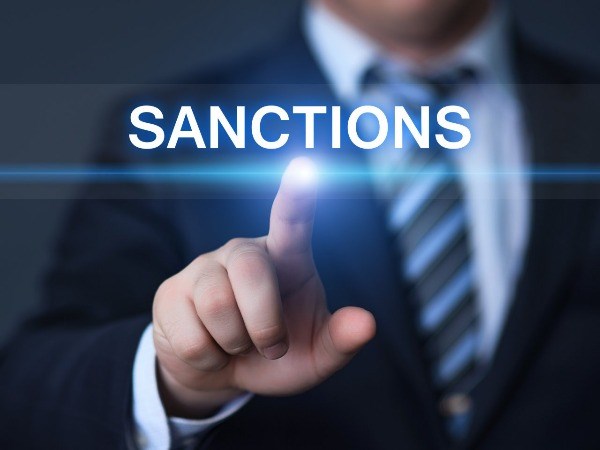Kremlin: US sanctions powerless to punish Russia
The new round of US sanctions aimed at banning American banks from participating in the initial placements of Russian government eurobonds demonstrates the “failure” of Washington’s attempts to pressurize Moscow, said Russian Foreign Ministry Spokesperson Maria Zakharova.
The sanctions that make it harder for the Russian government to acquire new dollar-denominated debt are “nothing particularly new”, said Zakharova in a comment published on the Russian Foreign Ministry’s website.
“For a long time already, the US authorities have restricted their banks from issuing loans and have obstructed Russia’s cooperation with international financial institutions for development, and they have also blocked the sale of many technologies and goods,” Zakharova noted.
By her calculation, the new round of sanctions is the 72nd since the start of 2011.
“In recent years, the initiators of sanction pressure on Russia have tried many things, but none of it has worked for them. The course to force Russia to change its foreign and internal policy and relinquish its own interests in favor of the US’s claims to world dominance has utterly failed,” Zakharova claims.
“Every time, Washington is merely flaunting its impotence,” she added.
Russia, Zakharova emphasizes, “is continuing to develop, strengthen its economy and defensive capabilities, and expand its influence in the international arena, despite the mentioned sanction blackmail”.
A new round of sanctions that will come into force on 26 August was introduced as a response to the poisoning of former Russian intelligence agent Sergey Skripal in Salisbury, England.
The formal basis of the new sanctions is the chemical weapons prohibition law of 1991, which requires the US government to limit its financing of and cooperation with countries that have been caught using prohibited substances in wartime and against civilians.
Alongside the ban on buying Russian foreign currency bonds at auctions, the sanctions package includes additional restrictions on the sale of dual purpose technologies and materials that could be used to produce chemical weapons.
The US will also “prevent the issuance of loans or any financial or technological assistance” to Russia by international financial organizations such as the IMF or World Bank.
The restrictions do not include ruble-denominated Federal Loan Bonds (OFZs) which, according to the Bank of Russia, foreign investors have invested $11.8 billion in since the start of the year, growing their portfolio to a record 2.56 trillion rubles (around $39 billion).
